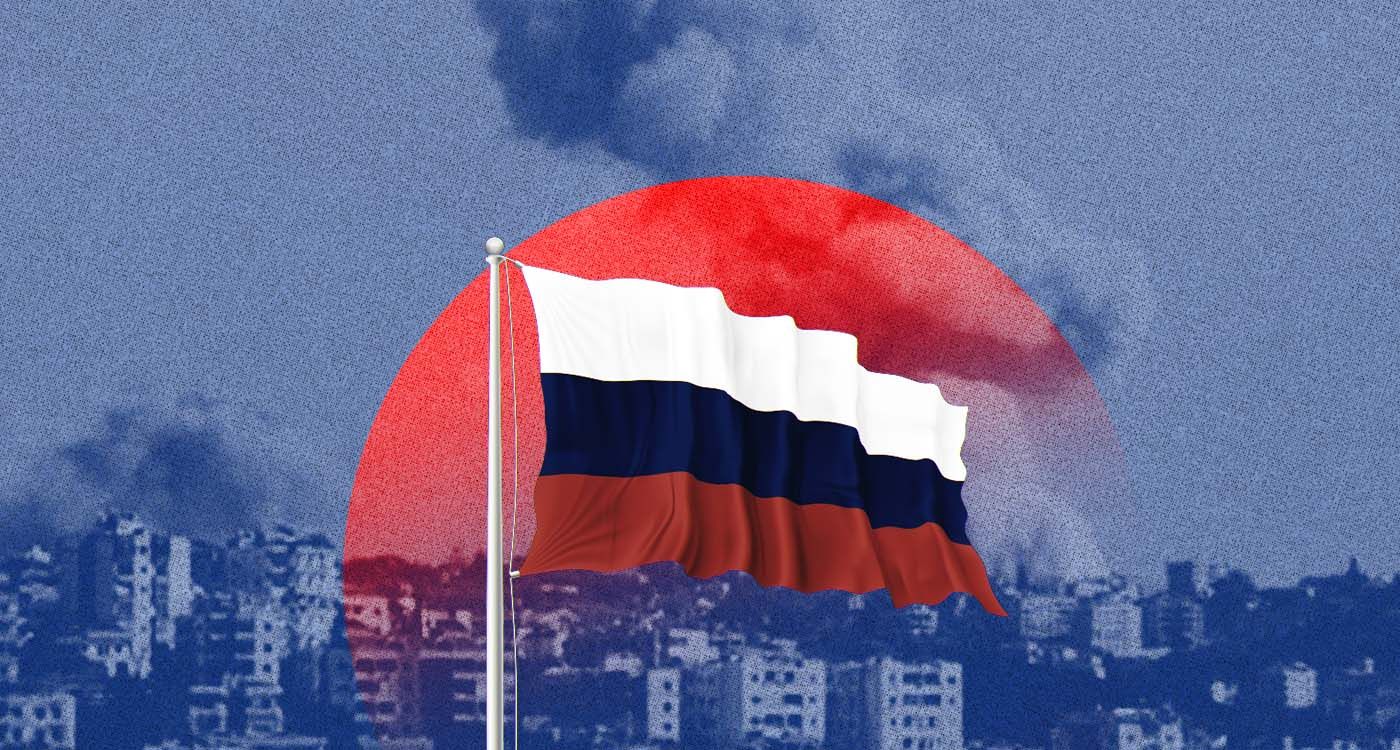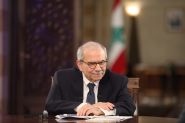
Lebanon’s already fragile sovereignty is slipping away day by day. Its future is now being debated around a virtual table where the United States, Israel, and Iran hold prominent seats, with France and Qatar in more secondary roles—and, unexpectedly, Russia, which until recently had been largely silent. In a matter of weeks, Moscow has emerged as a crucial player in any potential resolution.
How did this happen? It’s straightforward: genetically wired as a skilled chess player, Vladimir Putin now positions himself as the guarantor of cutting off the flow of arms, smuggling, and funds to Hezbollah via Syria. Holding the symbolic scissors over the lifeline of the pro-Iranian militia, he is offering his services to other stakeholders. Reports suggest that the Russians have even deployed forces to the Syrian Golan to show their commitment.
The outcome? Convoys of vehicles carrying members of Iran’s Revolutionary Guard were reportedly seen entering Iraq from Syria. One could say that the Assad regime is not entirely displeased to see Tehran’s grip on its country diminish—a necessary step if it hopes to rejoin the Arab fold and rebuild a semblance of respectability. While the outcome remains uncertain, this may be a necessary risk.
That said, one important question remains: What will Russia ask in return for its assistance? The list of possible compensations is extensive. Foremost is Ukraine. The infamous Russian "special operation" launched in February 2022, which was supposed to last only a few days, has turned into a disastrous failure, costing the lives of hundreds of thousands of young Russians. Putin might find a more receptive audience in Donald Trump. Potential changes could involve halting US aid to Ukraine which could precipitate the downfall of Volodymyr Zelensky and his army. Also on the table is a potential easing of sanctions against Russia imposed by the European Union—something Trump might be able to sway.
On a regional scale, it’s important to note that Russia maintains strong relationships with all parties involved. Israel, Iran, the Gulf countries, the Palestinians—all regularly engage with Moscow. Much like in the good old days of the Cold War, the Russian capital has become a key diplomatic hub. Iran, another key player, could find Moscow acting as a “facilitator”, as the mullahs are increasingly rattled by Israel’s threats to crush their nuclear aspirations.
The situation has become more straightforward now that Iran has relinquished the "axis of resistance" it once created.
The same goes for the Palestinians. Russia maintains strong ties with all Palestinian factions, including Hamas. In discussions regarding the future of Gaza and the West Bank, Russian mediation could prove invaluable. Even regarding China, Donald Trump’s nightmare, Russia—closely aligned with Beijing—will play a significant role.
Lebanon, with its fractured institutions increasingly unable to conceal their ineffectiveness, stands by amidst the incessant drone buzz and airstrikes. The country is left to watch its fate unfold. The real issue is that the country may end up as nothing more than a consolation prize on the sidelines of the bigger negotiations ahead.
Meanwhile, Hezbollah continues to convince a dwindling segment of the population that all is well. But it seems the writing is on the wall. As Churchill once said, “success is the ability to go from failure to failure without losing your enthusiasm”—except that, in his case, it worked…



Comments